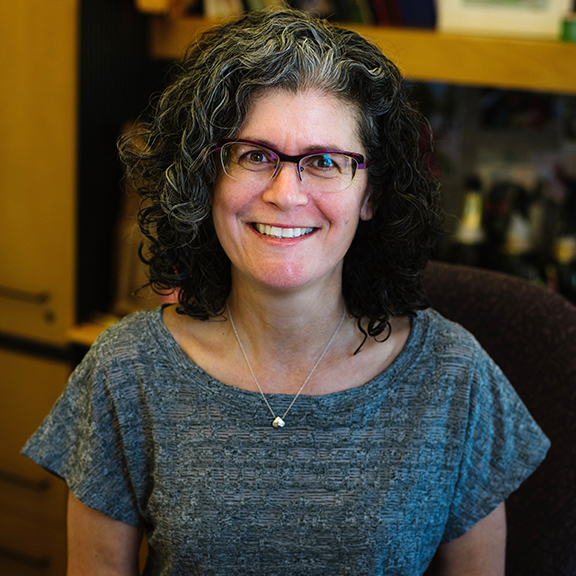TWiM provides thoughts on providing better training for a non-academic career, and help celebrate Black in Microbiology Week with a 2023 paper by Ari Kozik, a co-founder of Black Microbiologists Association and Assistant Professor at the University of Michigan.
TWiM explores the relationship between the gut microbiome and depressive symptoms, and how purine nucleotides act as adjuvants to antibiotics.
TWiM presents a novel mucosal COVID-19 vaccine based on a bacteriophage capsid, and potentiation of C. difficile infection severity by the gut bacterial community. Hosts: Vincent Racaniello, Michael Schmidt, and Michele Swanson Right click to…
Mark returns to TWiM to join in a discussion of soil microbiota as game-changers in restoration of degraded lands, and discovery of a centimeter-long bacterium, the biggest yet discovered.
Foodie TWiM reveals that bacteria in human saliva are major components of Ecuadorian indigenous beers, and an unusual E. coli that produces atypical light cream-colored colonies in chromogenic agar.
The TWiM people reveal that phages must cooperate to overcome CRISPR-Cas defenses, and the effect of the herbicide glyphosate on the gut microbiome of honey bees.
The cast of TWiM reveals how uropathogenic E. coli use a binding protein to treat copper as a nutrient or a toxin, and Antarctic soil bacteria that survive on trace atmospheric gases.
Dickson joins the TWiM team to discuss the nasal microbiota of dairy farmers, and attenuation of bacterial virulence by quorum sensing in the maize weevil.
Vincent, Michele, and Michael reveal the discovery of a new species of the spirochaete that causes Lyme disease, and fecal microRNAs that shape the gut microbiome.
Vincent visits the laboratories of Kit and Joseph Pogliano on the campus of the University of California, San Diego, where he learns about their work on the bacterial cytoskeleton, sporulation, and the effects of antibiotics on bacterial cells.




